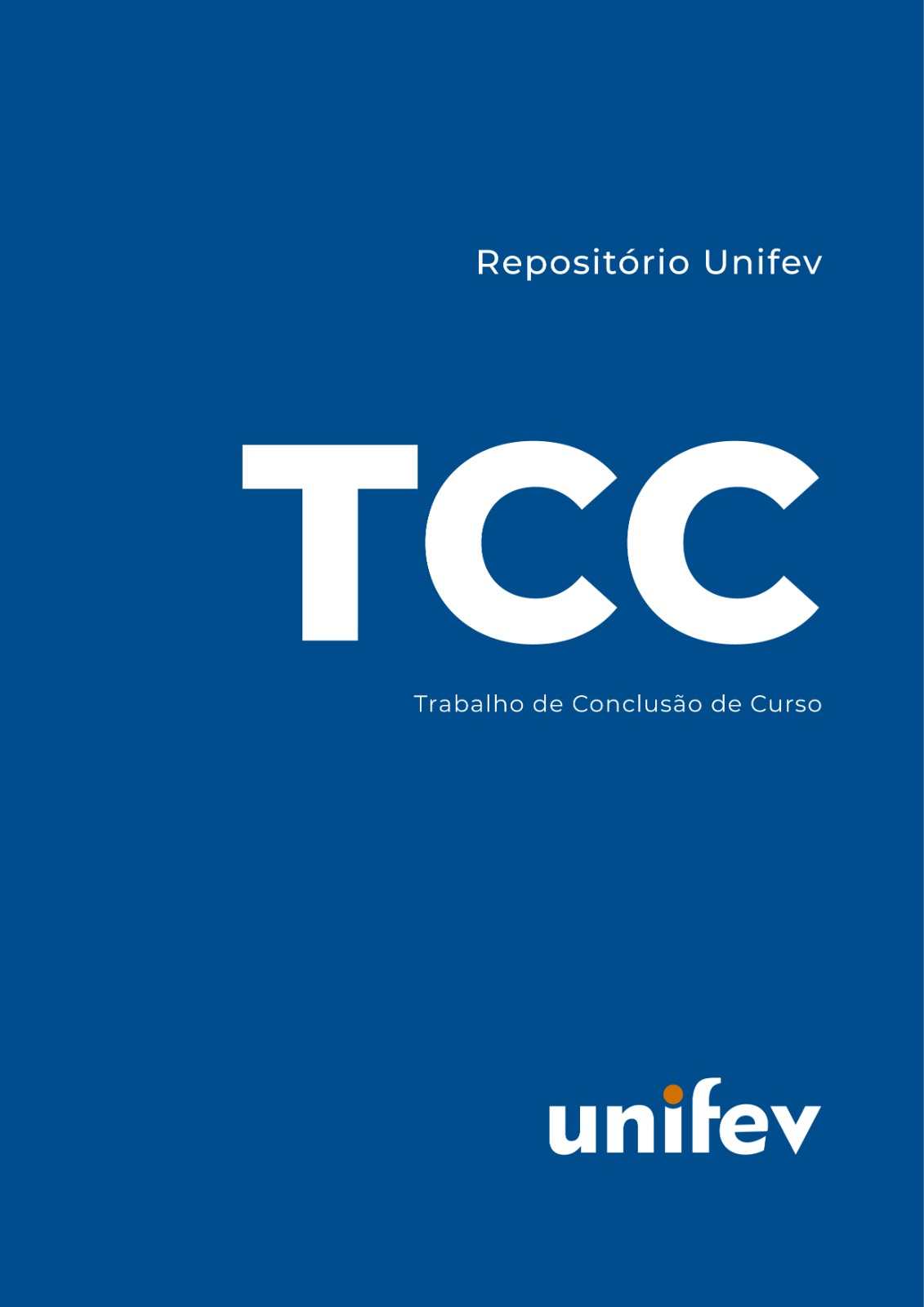Educação Física - Bacharelado
URI Permanente desta comunidade
Navegar
Navegando Educação Física - Bacharelado por Assunto "Counter Movement Jump."
Agora exibindo 1 - 1 de 1
Resultados por página
Opções de Ordenação
Item COMPORTAMENTO DA POTÊNCIA MUSCULAR DE MEMBROS INFERIORES DE FUTEBOLISTAS PROFISSIONAIS DIVIDIDOS POR POSIÇÕES DE JOGO DURANTE UM PERÍODO DE COMPETIÇÃO(2024-11-13) SMITH GUILHERME LIMA DE OLIVEIRAThe aim of this study was to analyze and compare the muscular power of the lower limbs among professional soccer players in different positions during a competitive period. The sample consisted of 31 soccer players, aged 19 to 34 years. The athletes were divided into 4 groups according to their playing position. Group 1 consisted of goalkeepers, group 2 was called defenders (full-backs and full-backs), group 3 was called midfielders (defensive midfielders and midfielders) and group 4 was called forwards. The muscular power of the lower limbs was assessed using the My Jump 2 software, through the Counter Movement Jump (CMJ). The assessments were carried out during a competition of the São Paulo championship of series A1 (First Division) and the Brazilian championship series D, and the CMJ test was performed before the training sessions. The test results were analyzed through descriptive statistics. In the CMJ, the defenders group obtained average values of 48.3±5.80 cm over the 16 weeks, the goalkeepers were 52.7±7.91 cm, the midfielders group obtained average values of 41.7±6.72 cm, and the attackers group obtained average values of 44.4±4.79 cm respectively. The main results indicate that defenders and goalkeepers obtained the best results in the CMJ test, suggesting that they have greater muscular power in the lower limbs. This test provides a practical and reliable measure of the explosive strength of the lower limbs, being a valuable resource in monitoring performance and prescribing training.
